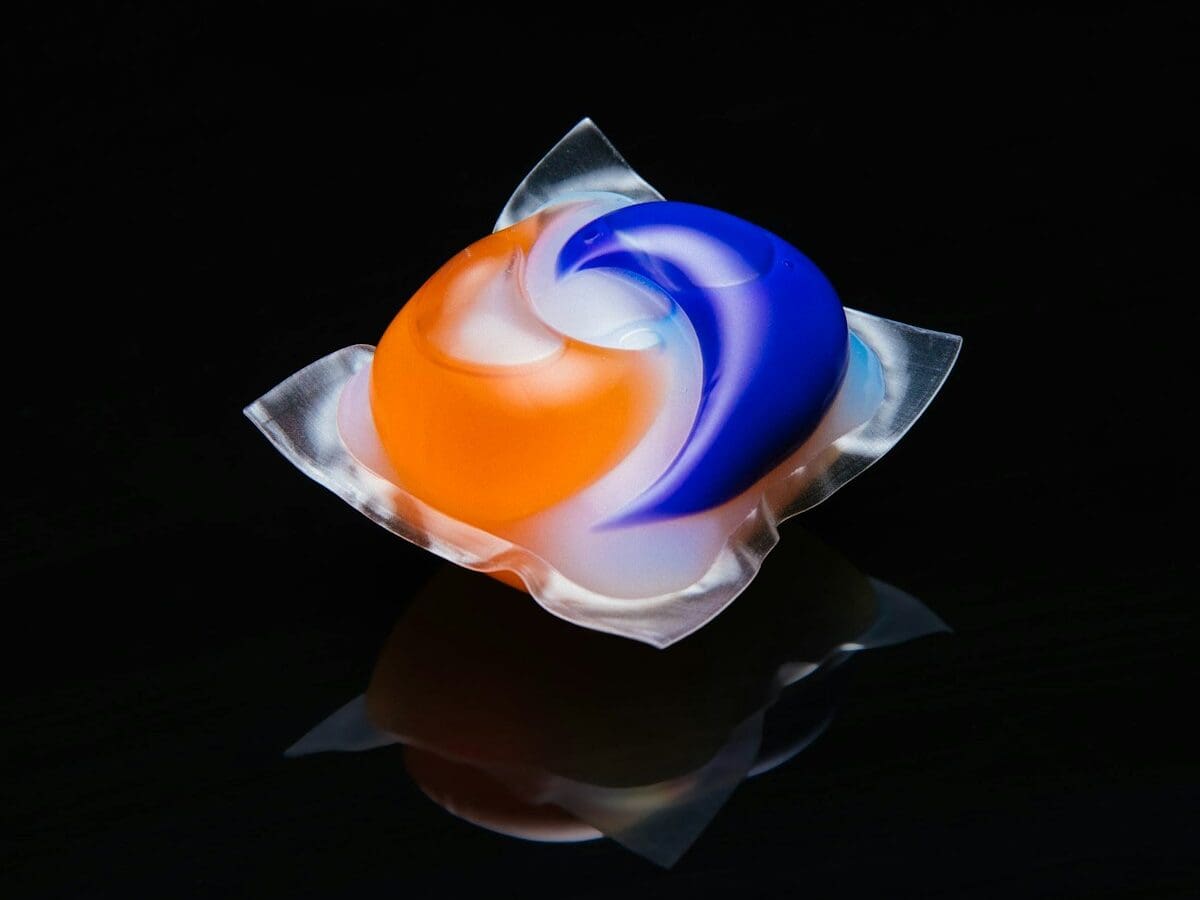Gen Z isn’t a generation of toddlers anymore: the kids born from 1997 through 2012 range in age from 12 to 27. That means a huge contingent of Gen Z graduates are in the workforce now, with more coming in every day. Here are 15 Gen Z slang terms you should know.
Bet

In modern parlance, “bet” is a shorthand way of saying “cool!” or “I’m ready!” This was already a popular phrase in hip hop culture in the 90s, which is a common thread for Gen Z slang—the generation basically copied its best aesthetics from rappers of this era. As for etymology, this one’s easy: it’s just short for “bet on it!”
Bussin’

No, that’s not “bussing,” as in “to bus people from place to place in a large vehicle”. “Bussin’” is derived from “bust” or “busting” and has its origins in African American Vernacular English, where “busting” means “blowing up,” or “doing well”. It means “very good” and traditionally applies to food, though it’s been expanded to also cover a wider variety of topics.
Cheugy
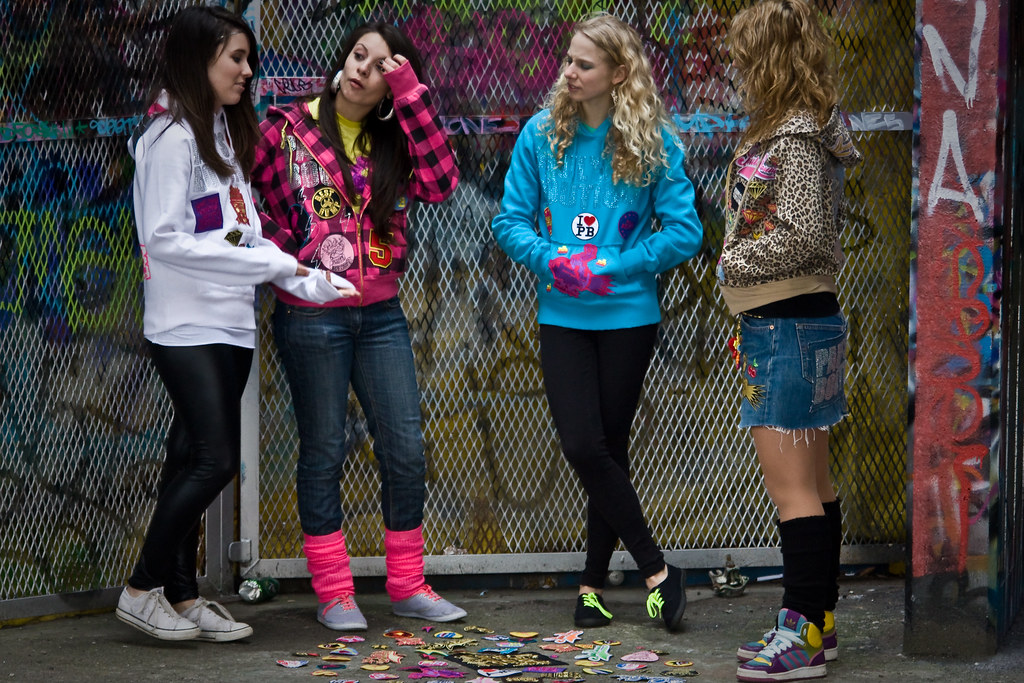
Here’s one that’s tough to pick up even with a few context clues. “Cheugy,” it turns out, means something that is woefully uncool. It usually has connotations of something that is trying too hard to be relevant or hip. Hilariously enough, this one was coined in 2013 and might have already fallen out of fashion enough to now be, well, cheugy.
Drip

Your “drip” refers to your overall fashion sense. If you’ve got great-looking clothes on, you might get complimented for your impeccable drip. The origins here are hotly debated, but the phrase likely got its start in the Atlanta hip hop scene in the early 00s. It’s easy to see how it came to be: someone who is dressed well could be said to be “dripping with style.”
High Key

The phrase “high key” stands in direct contrast to low key, which is an existing turn of phrase that means “quiet” or “easygoing.” The slang phrase “low key,” though, means “on the down low” or “secretly.” By contrast, “high key” means that you’re openly excited about something.
Hits Different

The phrase “hits different” is easy enough to follow. It means that an experience strikes you in a profound way. For instance, an ice-cold glass of water after a long run in the hot sun will “hit different” than a drink you have while sitting at your desk.
Main Character

Less slang and more concept, the idea of a social media “main character” is popular on platforms like Twitter. The basic idea is that some people, whether through viral posts or sheer bad luck, end up being the “main character” of the internet for a day as everyone tunes in to see what they’re up to.
No Cap

“No cap” is a phrase that means, roughly, “no lie” or “not an exaggeration.” This phrase, like many Gen Z slang words, is actually much older than the generation that popularized it among non-black people. “No cap” has been a common phrase in hip hop culture and among black people for decades. The term “capping” could be derived from the concept of trying to one-up, or “top,” someone else’s bragging or boasting.
OK Boomer
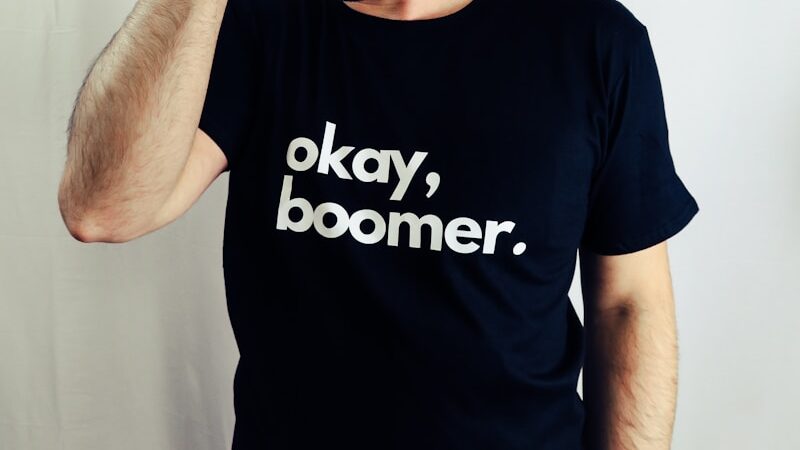
This one blew up a few years ago, but it’s a bit of generational grievance mixed up in that dismissive swagger that only 20-somethings can wear so well. Basically, it’s telling a theoretical Baby Boomer (not necessarily a literal Boomer, just someone over 50) to buzz off when they make a condescending or out-of-touch remark.
Say Less

The phrase “say less” isn’t actually rude. In fact, it’s somewhat endearing—you’re basically telling the other person, “I understand what you’re saying and agree wholeheartedly, so save some time by stopping this conversation and let’s get to what you were just suggesting.”
Slaps

Something slaps if it’s fantastic. This is usually in relation to music, for example: “this beat slaps!” While the modern usage of this one comes from (surprise) hip hop culture, the original usage in this manner is even older. In the mid-1700s, the word “slaps” could be used as an adjective that meant “excellently.”
Snatched
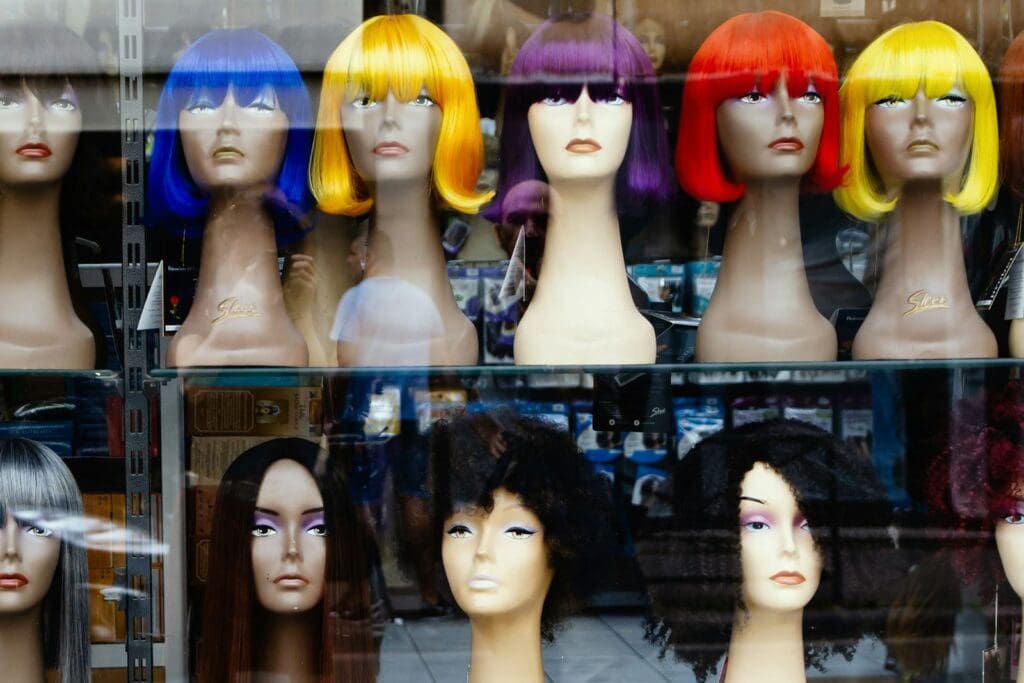
A popular term in the LGBT community and especially among drag queens, “snatched” means that something is particularly striking. The phrase typically refers to someone’s hair, makeup, or outfit. The origins of the phrase are from drag culture, where an outstanding outfit might “snatch” your weave off, metaphorically.
Skrrt
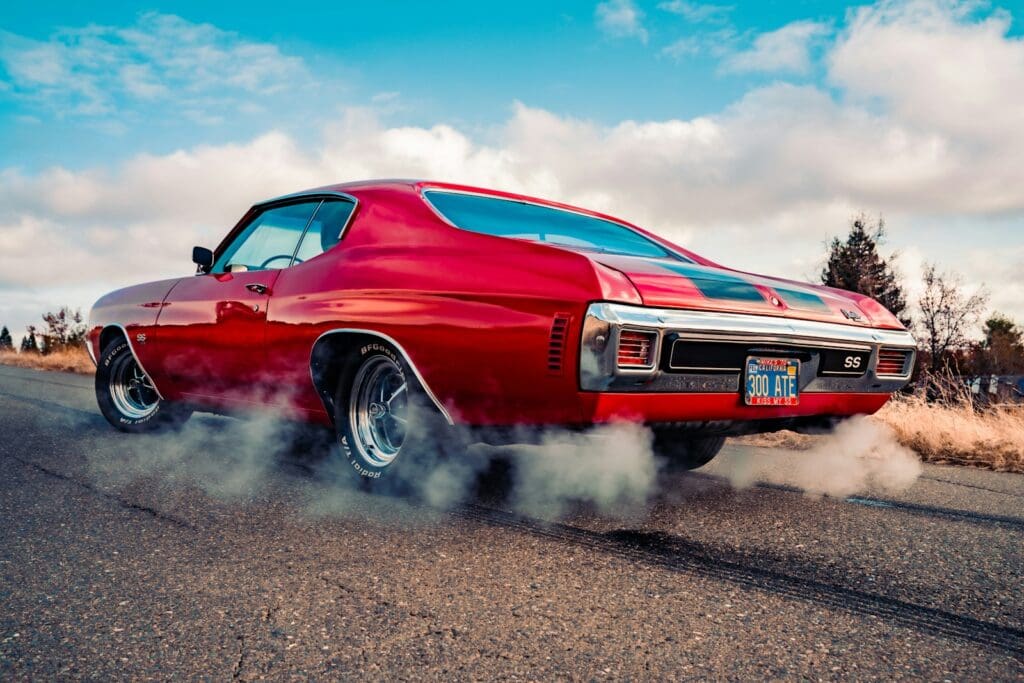
That’s not a typo: the onomatopoeic slang term “skrrt” imitates the sound of tires screeching as your imaginary vehicle peels into a conversation from full speed. It basically means “I’m listening,” or “can you repeat that?” The term originates from, as you’ve likely already guessed, trap music from the 2010s.
Read More: Ten Things People Don’t Know About Gen X
Understood the Assignment

Someone who “understood the assignment” knew their role and performed it ably. This is often used for actors or musicians and is framed around their work being particularly timely or speaking to the current zeitgeist. This one originates from Gen Z’s school days, where a teacher might chide a student by saying they “misunderstood the assignment.”
Read More: 15 TV Catchphrases From the 90s We’ll Never Forget
Vibing
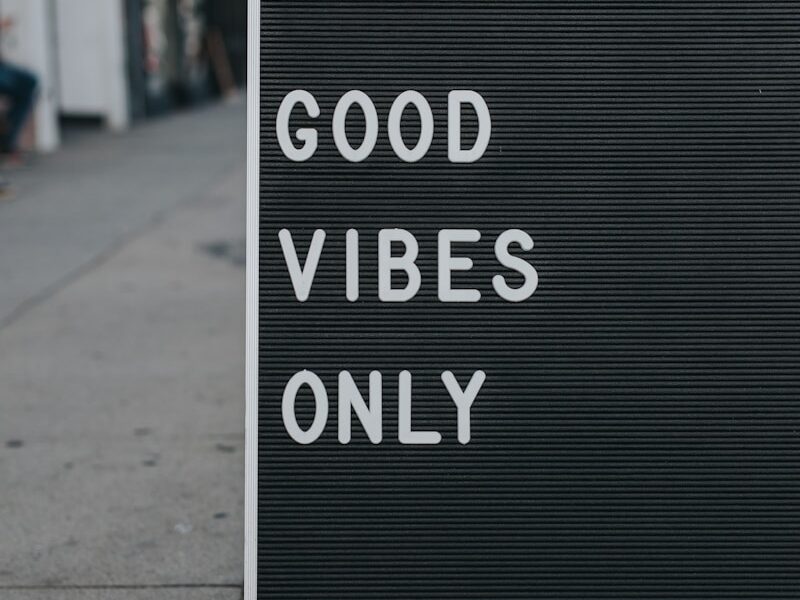
This one has origins from the 60s, with the concept of “good vibrations” referring to music or, more broadly, “energy” that can be felt everywhere. So, to be “vibing” is to be relaxing, open to the atmosphere of a situation, or otherwise taking it easy. This one is easy to grok if you’re already well-versed in hippie language, but Gen Z has made it their own.
Read More: 20 Phrases You Didn’t Know Were Offensive Now

